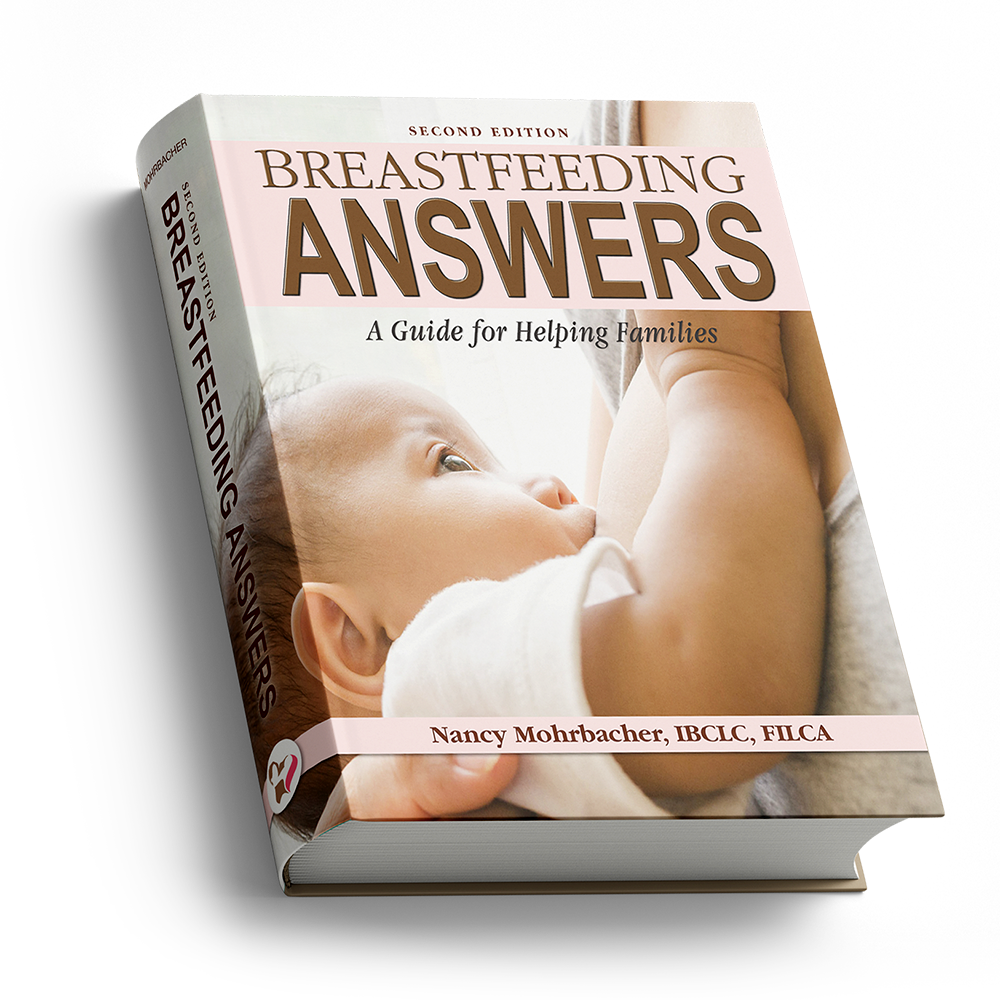Formula Supplements Put Mothers at Risk
/We know that anything less than exclusive breastfeeding increases health risks for babies. But what about mothers? I often talk to breastfeeding mothers who decide to supplement their babies with formula because they assume they will get more sleep and that sharing feedings will reduce the stress of the early postpartum. Most don’t realize this strategy actually has the opposite effect.
In an earlier post, I reported on research that found exclusively breastfeeding mothers get more sleep at night than mothers who also feed formula, even when others handled some night feedings. Now a new study1 takes this insight one step further by examining how formula supplementation affects the amount of sleep new mothers get, their risk of depression, their overall health, and their feeling of well-being. During the early postpartum all of these measures profoundly affect a new mother’s enjoyment of her baby and her ability to cope.
This study, which will appear in the June issue of the journal Clinical Lactation,surveyed 6410 mothers during the first year after birth. Although all new mothers experience fatigue, it found thatexclusively breastfeeding mothers not only slept significantly more hours during the night than other mothers but also reported significantly more energy during the day, a better mood, better overall health, and a greater sense of well-being. Another surprising finding was that there was no statistically significant difference in any of these areas between the mixed-feed and the exclusively formula-feeding groups.
This means that rather than making a new mother’s life easier—which is often her goal—feeding her baby formula supplements can significantly decrease her quality of life. The authors note that some popular books on postpartum depression recommend that after birth at-risk mothers sleep apart from their babies and let others handle night feedings.2 Some hospitals have even begun implementing this strategy among at-risk mothers before discharge. Even more extreme, others recommend at-risk mothers avoid breastfeeding altogether as a way to prevent postpartum depression, despite the substantial evidence that breastfeeding mothers have a lower risk of postpartum depression.3
This new study indicates that although trying to help at-risk mothers get more rest after birth may seem to make logical sense, strategies that separate and supplement newborns are misguided. They actually put mothers at greater risk of sleep disruption, depression, and poorer health.
References
1Kendall-Tackett, K., Cong, Z., & Hale, T.W. The effect of feeding method on sleep duration, maternal well-being, and postpartum depression. Clinical Lactation 2011; 2(2): 22-26.
2Bennett, S. Postpartum depression for dummies. Hoboken NJ: Wiley Publishing, 2007.
3Dennis, C.-L., & McQueen, K. The relationship between infant-feeding outcomes and postpartum depression: A qualitative systematic review. Pediatrics 2009; 123(3):e736-e751.




